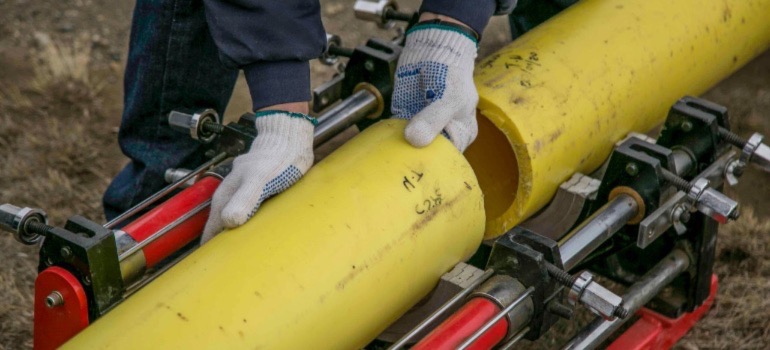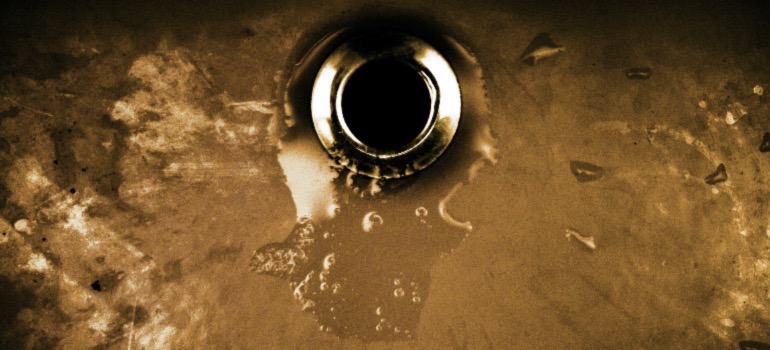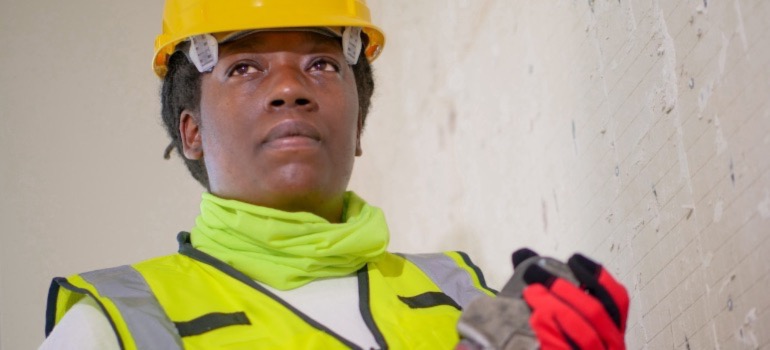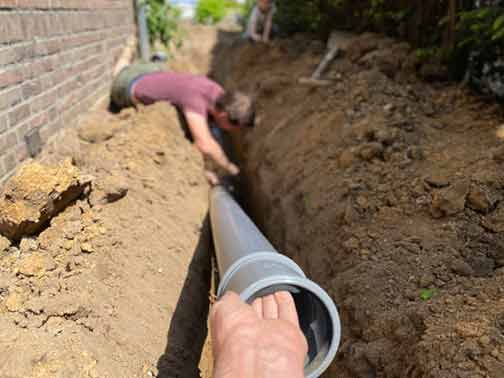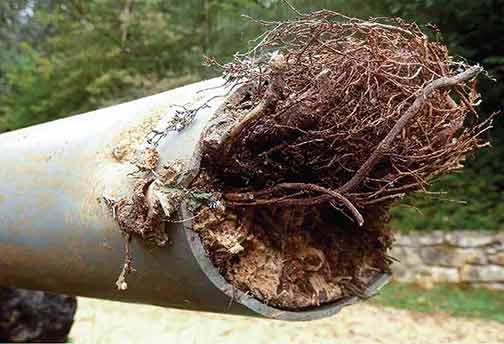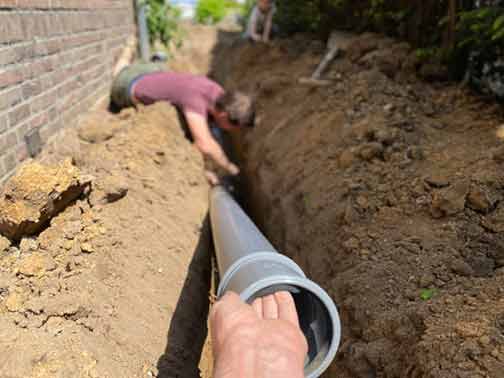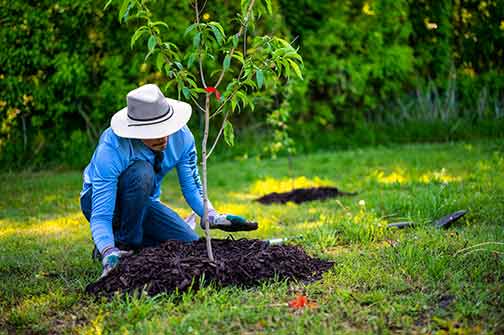
In every home, the sewer line plays a crucial role in maintaining a hygienic and functional environment. However, homeowners often underestimate the significance of timely sewer line repairs. Ignoring these repairs can lead to significant financial costs and extensive damage to the property. This time we will discuss the potential consequences of disregarding sewer line repairs and highlight the importance of addressing them promptly.
The Costliness of Ignoring Sewer Line Repairs
While sewer line repairs may not be the most glamorous aspect of homeownership, they are undoubtedly vital. Ignoring sewer line issues can result in substantial financial burdens that far exceed the cost of timely repairs.
Firstly, when sewer line problems are left unattended, they tend to worsen over time. What initially may have been a minor issue can quickly escalate into a significant and costly repair. By addressing the problem early on, homeowners can mitigate the risk of more extensive damage and save themselves from additional expenses.
Secondly, ignoring sewer line repairs can lead to increased water bills. When there is a sewer line issue, it can cause water to leak continuously, resulting in higher water usage. Consequently, homeowners may find themselves dealing with inflated water bills that could have been avoided by addressing the underlying problem promptly.
Moreover, neglecting sewer line repairs can have a negative impact on the value of the property. Prospective buyers are unlikely to be interested in properties with unresolved sewer line issues. This can make it challenging to sell the property or may require a considerable reduction in its market value. By proactively addressing sewer line repairs, homeowners can maintain or even enhance the value of their property.
The Potential Damage Caused by Ignoring Sewer Line Repairs
Aside from the financial implications, ignoring sewer line repairs can result in severe damage to the property and the surrounding environment.
One of the most significant risks associated with neglected sewer line repairs is sewage backup. When the sewer line becomes clogged or damaged, sewage can flow back into the property through drains, toilets, or any other plumbing fixtures. This not only poses a health hazard but can also cause extensive damage to the interior of the home.
Sewage backup can lead to unpleasant odors, unsanitary conditions, and the growth of harmful bacteria and mold. The damage caused by sewage backup often requires extensive remediation, including professional cleaning and restoration services. By addressing sewer line repairs promptly, homeowners can prevent the occurrence of sewage backup and the associated damage.
Furthermore, neglected sewer line repairs can also result in damage to the surrounding ecosystem. When sewage leaks into the soil, it can contaminate groundwater and nearby bodies of water. This contamination poses a threat to local wildlife and can have long-lasting environmental consequences.
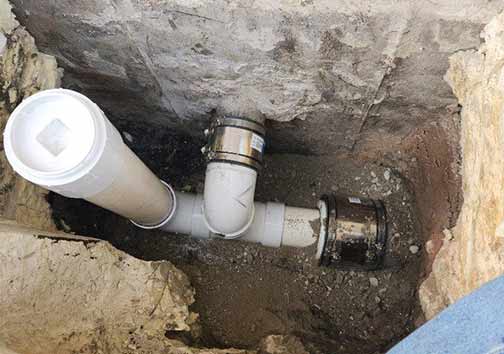
The financial costs, property damage, and health risks associated with neglected sewer line issues outweigh the inconvenience of making timely repairs.
Impact on Health and Safety
Ignoring sewer line repairs not only has financial and property-related consequences but also affects the health and safety of the occupants.
First and foremost, sewage backup caused by neglected sewer line repairs can expose individuals to harmful bacteria, viruses, and parasites. These pathogens can lead to a range of illnesses, including gastrointestinal infections, respiratory issues, and skin infections. Young children, the elderly, and individuals with compromised immune systems are particularly vulnerable to these health risks.
In addition to health hazards, damaged sewer lines can compromise the structural integrity of the property. If left untreated, sewer line issues can cause the ground to shift or erode, leading to foundation damage. This can result in uneven floors, cracks in walls, or even collapse in severe cases. Ensuring the integrity of the sewer line through timely repairs is crucial to maintaining a safe living environment.
The Importance of Timely Sewer Line Repairs
Given the potential financial costs, property damage, and health risks associated with neglected sewer line repairs, it is clear that addressing these issues promptly is of utmost importance.
Regular camera inspections of your sewer lines and a little maintenance can help identify any potential problems early on. Engaging the services of a professional plumber to conduct routine checks and address any signs of damage or blockage can prevent minor issues from turning into major headaches.
Homeowners should also be aware of the warning signs that indicate sewer line problems. These include foul odors, slow drainage, gurgling sounds, and noticeable changes in water levels in toilets or drains. By promptly addressing these warning signs, homeowners can prevent further damage and expense.
In conclusion, ignoring sewer line repairs can have serious consequences for homeowners. The financial costs, property damage, and health risks associated with neglected sewer line issues outweigh the inconvenience of making timely repairs. By recognizing the importance of addressing sewer line problems promptly and engaging the services of a professional plumber when necessary, homeowners can safeguard their investments, maintain a healthy living environment, and avoid unnecessary financial burdens.
